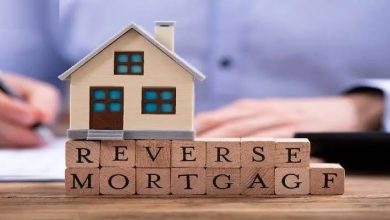What are the mortgage options that are there for non US citizens?

In the not-so-distant past, foreign nationals have purchased homes and real estate in the United States mostly thru cash transactions. The question we now ask is, why? Is cash the preference or do these foreign nationals feel that they will not be able to get a home mortgage in the US?

Credit history is typically the problem foreign citizens face when seeking a mortgage, since most of them have the financial capability, but lack the credit record necessary in the US. However, it was more difficult previously to secure a mortgage despite the lack of a credit record than it is at present. Here are three types of non-US citizen home purchasers.
Green card and work visa holders – foreign nationals with legal permanent resident (LPR) status, or have a working visa in the United States, have a Social Security number and a good history of local American employment (around two to three years) typically do not face difficulties when securing a mortgage, especially when compared with other foreign borrowers.
Foreigners looking for a “vacation home” – the primary residence of these types of foreigners are in their home country, but they can afford to buy a home in the US. It’s harder to secure a loan if you are in this category since there needs to be a lot of proof for the lenders to work around the absence of American financial documents and credit history. It is still possible, but typically, lenders require a large down payment and higher interest, as well as advanced payments of up to two years’ worth.
Luxury buyers – the smallest percentage are these financially elite foreign nationals, who typically pay cash for very expensive properties. Borrowers can still secure a loan, but often at a very high down payment (as much as 50%).
Now, let’s take a look at three mortgage options for non-US citizens.
Community banks and credit unions – these community banks are often focused on their local businesses and residents. If you are searching for a home in a specific area, this could be a good option, especially in areas where there is a large immigrant population. Some community banks and credit unions even offer educational programs for new immigrants in the area they serve.
Wholesale lenders – a number of wholesale lenders have mortgages designed specifically for foreign nationals. Typically, these lenders operate across the whole of the United States, but there are some with a focus on specific regions. For this option though, borrowers have to expect a lot of documentary requirements and down payments somewhere between 25 and 40 percent.
International banks – some international banks want to expand bank-client relationships, particularly with foreign borrowers. These banks, because of their global presence, can easily get the borrower’s financial information. Larger banks often see borrowers, especially rich ones, as potential investments, so taking on a risk like lending money for a home loan might pay off in the future, if the borrower would then invest more in the different products the bank offers.
Regardless of what option you choose or is best for you, as a foreign national, the possibility of securing a home mortgage is not as difficult as it was in the past. Just make sure your financial information is in order (especially credit rating), you legal documentary requirements are up to date (you may consult visa attorneys for a list or if any specific document is required from you), and it would be better if you have a history of US employment. Owning a home in the US is not as difficult as it sounds like.




